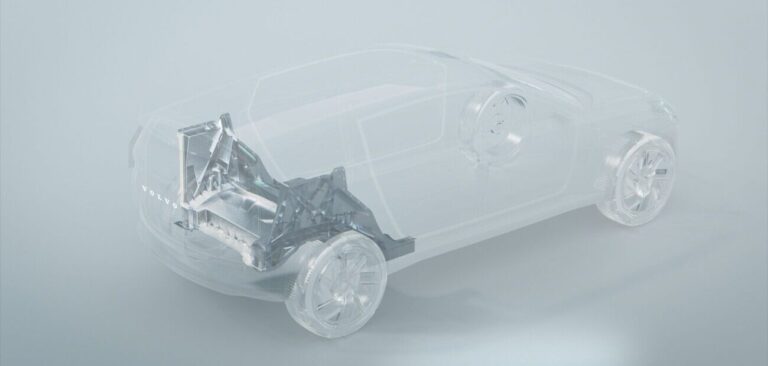Auto maker Volvo Cars is set to invest Skr 10bn (US$1.1bn) in its Torslanda manufacturing plant in Sweden, in preparation for the production of its next-generation fully electric cars.
As part of the planned investments, the company will introduce a number of new and more sustainable technologies and manufacturing processes in the plant. These include the introduction of mega casting of aluminum body parts, a new battery assembly plant and fully refurbished paint and final assembly shops.
The investments follow a recent announcement by Volvo Cars and Northvolt to invest Skr 30bn (US$3.2bn) in the development and manufacturing of batteries for pure electric Volvo models.
“With these investments, we take an important step towards our all-electric future and prepare for even more advanced and better electric Volvos,” said Håkan Samuelsson, chief executive of Volvo Cars. “Torslanda is our largest plant and will play a crucial role in our ongoing transformation as we move towards becoming a pure electric car maker by 2030.”
The introduction of mega casting of aluminum body parts for the next generation of electric Volvo models is the most significant and exciting change implemented as part of the investment package. Mega casting creates a number of benefits in terms of sustainability, cost and car performance during the car’s lifetime, and Volvo Cars is one of the first car makers to invest in this process.
Casting major parts of the floor structure of the car as one single aluminum part reduces weight, which in turn improves the energy efficiency and thereby the electric range of the car. This also allows Volvo designers to optimally use the available space inside the cabin and luggage area, boosting the overall versatility of the car.
Other benefits from mega casting include reduced complexity in the manufacturing process. That in turn creates cost savings in terms of material use and logistics, reducing the overall environmental footprint across the manufacturing and supply chain networks.
A new battery assembly plant will integrate battery cells and modules in the floor structure of the car, while the assembly shop is being refurbished for the accommodation of the next-generation fully electric cars – for example, with a new ‘marriage point’ where the top body and the floor of the car meet for the first time.
“Today is a great day for the Torslanda plant because we are making it fit for the future with this investment package,” added Javier Varela, head of engineering and operations at Volvo Cars. “Our future as a company is all-electric and that requires a variety of upgrades across the plant to ensure that Torslanda can continue to build premium electric cars of the highest quality.”


